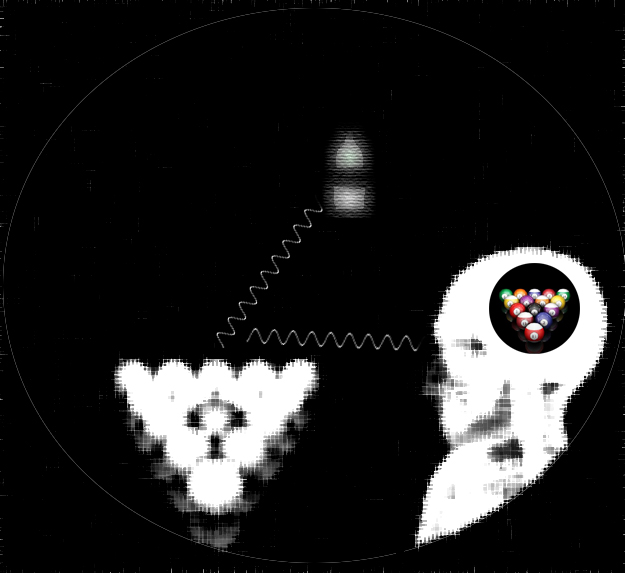|
John Locke (1632 – 1704) was an
English philosopher and physician. He was the
founder of the Enlightenment in philosophy, was
the father of Liberalism, and founded of the
British empiricists.
Locke influenced modern science, and
philosophers like Berkeley, Hume, and Kant. His
Second Treatise on Government (1678) inspired
England's Glorious Revolution (1688), provided
the theoretical foundations of the Declaration
of Independence (1776) and Constitution (1787)
of the United States.
VISION OF REALITY

PHILOSOPHY
1. - The mind begins as a
formless blank slate
(Tabula Rosa).
| |
Let us
suppose the mind to be, as we say, white
paper, void of all characters, without
any ideas; how comes it to be furnished
... with an almost endless variety?
Whence has it all the materials of
reason and knowledge? To this I answer,
in one word, from experience; in that
all our knowledge is founded ....
An Essay Concerning Human
Understanding (1690) |
|
2. - Locke is an empiricist:
- His empiricist criteria of meaning is: The meaning of an
idea
is its underlying perception. If there is no
underlying
perception, then the idea is meaningless.
- All of our legitimate ideas come from experience.
- There are no innate ideas. Descartes believed some
ideas
can't come from experience: God, perfection,
infinity etc..
3. - All knowledge comes from
experience.
- All knowledge is justified by experience through:
a.
Sensation - observation of external objects.
b.
Reflection - observation of the mind's inner
workings.
4. - The mind combines simple ideas
to form complex ideas.
- Simple ideas
are "the materials of all our knowledge."
5. Empirical objects have three
kinds of powers or qualities:
a. Primary
qualities are in material objects outside us.
Physical
objects cause us to perceive primary
and secondary qualities.
Primary qualities are in the objects,
independent of any
minds, objective, and we all experience
them exactly as they are.
Examples are: motion or velocity, rest, solidity
or volume,
size, shape or extension, and number.
If no one sees a cup, it has these
qualities.
b. Secondary
qualities:
Color, odor, sound, flavor, texture,
temperature etc.
Secondary Qualities are also cause by
material objects, but
they are not in the object. They are subjective
- in us only.
If there is no
perceiver, there are: no colors. sounds, smells
etc..
"If a tree falls in a forest, and no
one is around to hear it,
does it make a sound?"
c. - Relational powers: cause, effect, above, below, behind,
etc.
-
Things have the power to enter relationships
with others.
6. - Material substance supports primary qualities
(I know not what).
- Qualities and powers must be in something.
- We never experience it.
- It's an I know not what.
7. - Mental substance supports
secondary qualities.
- A quality or power must be in something.
- We can't experience it.
- It's an I know not what.
- We know God exists, and God is infinite mental substance.
8. - Representative Theory of
Perception:
- We directly perceive our ideas and perceptions.
- These ideas and perception are copied from material
objects.
- We indirectly perceive material objects.
- Physical objects cause our primary, secondary, and
relational ideas.
Note: Plato believed that material things are copies of ideas (forms),
so for Plato it's the other way around.
Problems with Locke's Representative Theory of
Perception:
As with Descartes and Plato, there are two
levels of reality.
For Locke, mental world is copied from the
material world.
We only experience the mental world.
If we can only directly know our ideas, how can
we know that our ideas accurately represent
material objects, or that they were caused by
material objects? How do we even know there are
material objects, or even an external world? We
will see next how George Berkeley and David Hume
answer the question.
Locke believed that our minds compare our
internal mental sensations to the physical
objects that caused our sensations. In this way
we know that the primary qualities are in the
objects, and secondary qualities are in us only.
|